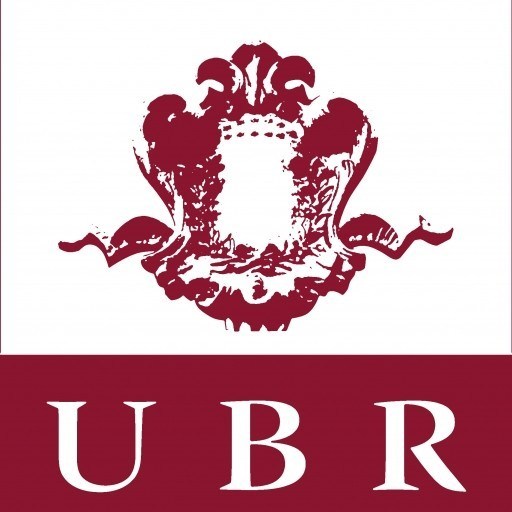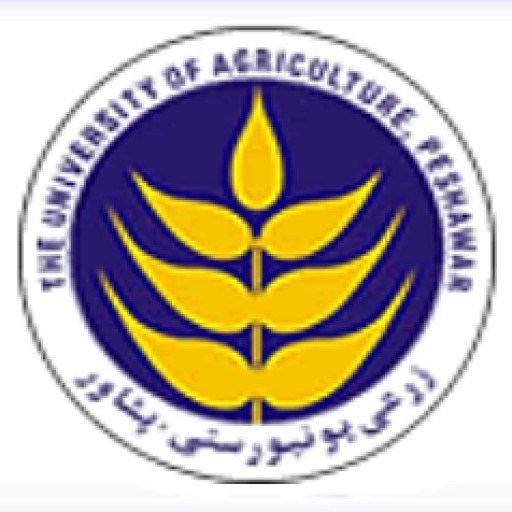Photos of university
The Master of Social Sciences in Comparative Public Policy and Welfare Studies at the University of Southern Denmark offers students an in-depth understanding of the complex mechanisms governing public policies and welfare systems across different countries. This program is designed for individuals interested in exploring the political, social, economic, and cultural factors that influence policy development, implementation, and evaluation in diverse national contexts. Throughout the program, students will critically analyze the theories, concepts, and methodologies used in comparative public policy research, gaining valuable insights into how different welfare models function and evolve in response to societal needs and challenges.
The curriculum combines rigorous academic coursework with practical analysis, providing students with the skills necessary to assess policy impacts and contribute to evidence-based policymaking. Key areas of study include social policy, welfare state development, governance, public administration, and the role of international organizations in shaping national policies. Students are encouraged to develop their analytical and empirical research skills through case studies, comparative analyses, and research projects, ensuring they are well-equipped for careers in public administration, policy analysis, research institutions, NGOs, or international agencies.
The program emphasizes a multidisciplinary approach, integrating perspectives from political science, sociology, economics, and public administration. Students will have opportunities to engage with real-world policy issues through internships, guest lectures from policy practitioners, and collaborative projects. The program’s international environment fosters cross-cultural exchanges and prepares graduates to work effectively in a globalized policy landscape.
Graduates of this program will possess a comprehensive understanding of how different welfare states operate and will be capable of conducting comparative analyses to inform policy development and reform initiatives. They will be well-positioned for advanced roles within government agencies, research institutes, international organizations, and consultancy firms, contributing to the design and evaluation of innovative social policies aimed at improving societal well-being. The Master’s degree in Comparative Public Policy and Welfare Studies from the University of Southern Denmark offers a challenging and rewarding academic journey for those committed to making a meaningful impact in the field of social policy and welfare.
The Master's Programme in Social Sciences in Comparative Public Policy and Welfare Studies at the University of Southern Denmark offers students an in-depth understanding of social policies, welfare systems, and public governance across different countries. The programme is designed to equip students with analytical skills and comprehensive knowledge of how welfare policies are developed, implemented, and evaluated within various societal contexts. Throughout the course, students explore key themes such as social justice, equality, welfare state models, and the impact of political, economic, and cultural factors on public policy outcomes. The curriculum emphasizes comparative analysis, enabling students to critically assess differences and similarities between national welfare systems and their implications for citizens' well-being.
Students will engage with a variety of topics, including social security, healthcare, education policies, and labor market measures, understanding how these components function within different societal structures. The programme also focuses on contemporary challenges facing welfare states, such as demographic changes, globalization, and technological advancements, preparing students to contribute effectively to policymaking and reform processes. Teaching methods involve lectures, seminars, case studies, and project work, fostering both theoretical knowledge and practical skills.
In addition, students have opportunities for international exchange and internships, providing real-world experience and exposure to diverse policy environments. The programme aims to develop critical thinking, research competencies, and policy analysis skills, preparing graduates for careers in public administration, research, international organizations, NGOs, and policymaking institutions. By the end of the programme, students will have a solid foundation in comparative policy analysis and a nuanced understanding of the complexities underlying welfare systems worldwide, positioning them well for impactful careers in social policy development and evaluation.
The Bachelor's degree program in Social Sciences with a specialization in Comparative Public Policy and Welfare Studies at the University of Southern Denmark requires applicants to hold a relevant upper secondary education diploma or equivalent, demonstrating a solid foundation in social sciences, humanities, or related fields. Prospective students should possess adequate proficiency in English, typically evidenced by a recognized language test such as the IELTS or TOEFL, with minimum scores as specified by the university. The program emphasizes a multidisciplinary approach, integrating political science, economics, sociology, and public administration to analyze and compare welfare policies across different countries and regions.
Applicants must submit a completed application form, along with academic transcripts, a curriculum vitae, and a motivational letter explaining their interest in social policy and welfare studies, as well as career aspirations. Admission decisions consider academic performance, motivation, relevant experience, and potential to succeed in an interdisciplinary research environment. The program prerequisites include foundational knowledge in social sciences, critical thinking skills, and an interest in policy analysis and evaluation.
Students are expected to meet the prerequisites for each course, including introductory modules in social science research methods, statistics, and policy analysis. The curriculum is designed for full-time study over three years, with a combination of lectures, seminars, group projects, and independent research. Practical experience, such as internships or project work in public organizations, may be encouraged but is not mandatory. Funding options, including scholarships for international students, are available for qualified applicants. Candidates should review the specific admission requirements and deadlines on the university's official website to ensure compliance. The program aims to prepare graduates for careers in public policy analysis, governmental agencies, non-governmental organizations, research institutions, and international organizations focused on social welfare and policy development.
The financing of the Master's programme in Social Sciences in Comparative Public Policy and Welfare Studies at the University of Southern Denmark is primarily supported through a combination of public funding, student tuition fees, and potential scholarships. As a Danish and European Union (EU) member, Denmark offers certain financial advantages for domestic and EU/EEA students, including access to government-funded education. The programme itself is typically financed through government subsidies aimed at promoting higher education and research within the country, reducing the financial burden on individual students and ensuring accessible education for a diverse student body.
For non-EU international students, tuition fees are applicable and constitute a significant part of the programme’s funding. These fees are set according to the university’s regulated fee structure for international students and are used to support university resources, teaching staff, research activities, and student services. The tuition fees vary depending on the specific programme and are annually reviewed, but they generally range from approximately 10,000 to 15,000 euros per academic year.
Students enrolled in the programme may also have access to various scholarships, grants, and financial aid programs offered by the university, government, or external organizations. These financial supports are designed to assist students with the costs of tuition, living expenses, and academic materials, thereby making the programme more accessible to talented individuals regardless of economic background.
Additionally, students may seek part-time employment opportunities both on-campus and off-campus, adhering to visa regulations (for international students), to supplement their income during the course of their studies. The university may also provide guidance on funding opportunities, including Erasmus+ exchange programs for students interested in studying abroad as part of their degree.
The university's approach to financing emphasizes transparency and accessibility, with detailed information available through official channels and student services. Overall, the financing structure aims to balance public support, individual contributions, and external funding, ensuring the long-term sustainability and high quality of the Social Sciences in Comparative Public Policy and Welfare Studies programme.
The MSc in Social Sciences in Comparative Public Policy and Welfare Studies at the University of Southern Denmark offers a comprehensive exploration of the social policies, welfare systems, and governance structures across different countries. This program is designed for students interested in understanding how social policies are designed, implemented, and evaluated within various political and cultural contexts. The curriculum provides a multidisciplinary approach, combining elements of political science, sociology, public administration, and economics to offer a holistic understanding of welfare states and public policy frameworks. Students have the opportunity to analyze comparative case studies, learn about the historical development of welfare policies, and examine contemporary challenges faced by welfare states in Europe and beyond. The program emphasizes research skills, data analysis, and critical thinking, preparing graduates for careers in government agencies, international organizations, research institutions, and NGOs. The learning environment fosters international cooperation and offers opportunities for internships, thesis work, and participation in seminars with policymakers and academics. The program aims to produce graduates who are capable of analyzing complex social issues and contributing to the development of equitable and sustainable welfare policies. The language of instruction is primarily English, accommodating international students and promoting global perspectives on welfare and public policy. Graduates of this program often pursue careers in policy analysis, consultancy, public administration, and academic research, making a tangible impact on social justice and public welfare initiatives worldwide. For admissions, applicants typically need a relevant bachelor's degree, and the selection process considers academic performance, motivation, and relevant experience. The University of Southern Denmark's strong links to both European and global policy networks enhance the practical relevance and career prospects of graduates from this program.









